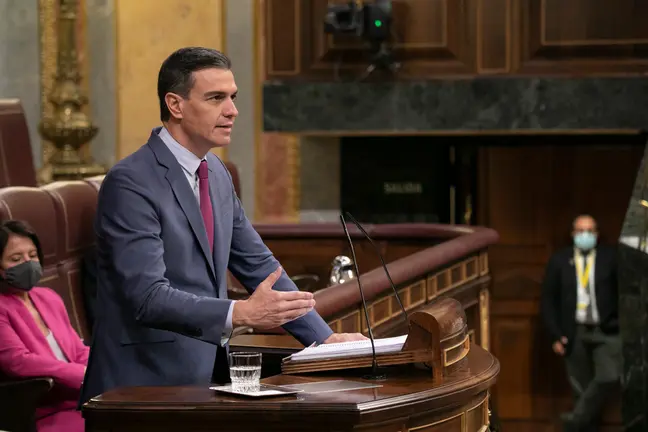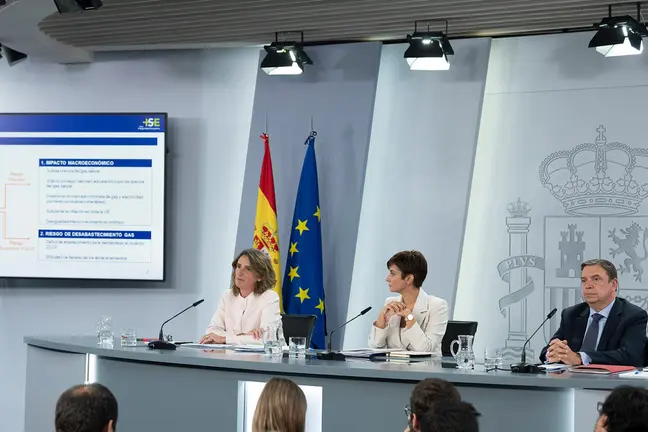Spain ended the year 2021 with a year-on-year inflation rate of 6.7%, the largest increase in consumer prices in 30 years, according to the National Institute of Statistics (INE).
This sharp increase in prices depicts a complicated outlook for Spanish households in 2022.This applies to everyone, including those who do not have to fear for their jobs.
The government anticipated an average rise in pensions of 2.5% (3% for the minimum and non-contributory pensions), as well as a 2% increase in civil servants' salaries. But these increases will not be enough to counteract the current price spike. That is why experts unanimously believe that the purchasing power of Spaniards will drop.
Gas is one of the basic consumer products that will show a sharp increase in the bill. With the change of the year, the regulated tariff will be at least 5.5% more expensive.
A similar rise will also affect the butane cylinders that many households still use for cooking and heating water.
The entire country will continue to monitor the evolution of electricity and fuel prices, which skyrocketed in 2021 and reached all-time highs. But also, in 2022 buying a car will be between 800 and 1000 euros more expensive on average, due to the expiration of the registration tax 'freeze'.
Tolls, self-employed
And speaking of cars, tolls on state-run highways also rise by around 2%. In addition, economists believe that food, which already rose more than 3% in 2021, will continue to become more expensive in 2022 affected by increases in electricity, fuels and raw materials.
For the self-employed, the contributions to be paid to the State go up between 5 and 21 euros per month, depending on the contribution base.
Postage stamps also increase in price by 7%, so sending a letter in 2022 will cost 5 cents more than the year before.
In addition to all that has been said, global raw material supply problems continue, so the price of some consumer goods may also rise due to lack of stocks.











